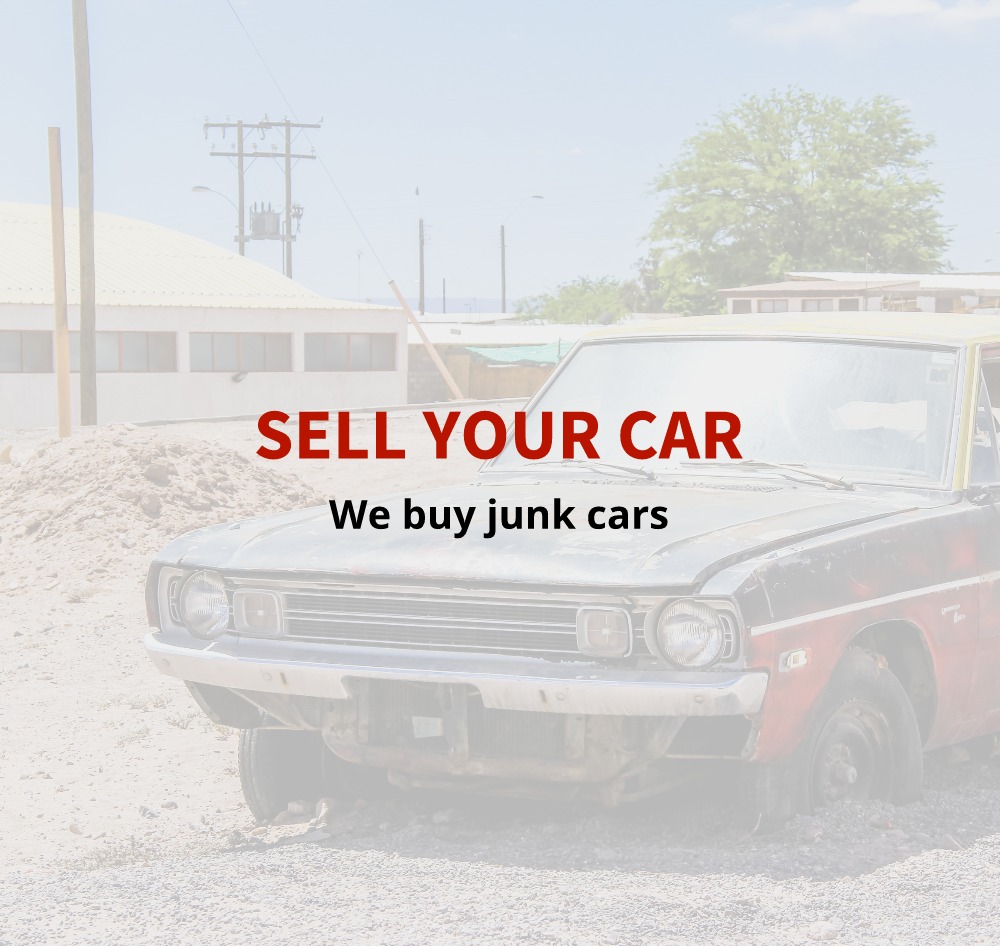For years, the principles of the green movement failed to penetrate the junkyard industry. Until recently, junkyards were used to handling junk vehicles in a way that wasn’t eco friendly: they sold usable car components, then sell the leftover metal to a scrapyard. Some of the metal was recycled, but some of it ended up in a landfills, too. Scrap metal that had to be separated from non-metallic material to be recycled (e.g., cabin and trunk linings), were often sent to landfills.
Effects of Auto Recycling
Today, the emphasis on auto recycling as an official business practice has led to recycling practically every metal part from a vehicle after a junkyard sells the usable components. The current focus on recycling has produced some compelling statistics that show just how efficacious auto recycling can be for preserving the environment. The following statistics come from a recent auto recycling study that the United Recyclers Group (URG) performed.
-
Each year, recycling steel fenders saves over 8 millions tons of raw materials (e.g., iron and coal) that would be used to produce fenders from scratch. Recycling fenders helps preserve natural resources and reduce carbon emissions by limiting the burning of coal.
-
Recycling all aluminum wheels would save over 1.7 billion kilowatt hours of energy that would be used to produce new aluminum wheels from virgin aluminum. Recycling all aluminum wheels would preserve natural resources and help reduce carbon emissions.
-
Auto recycling results in the recycling of 24 million gallons of motor oil a year. When motor oil is not recycled, it often makes its way to the dumping ground of a landfill. From there, it can seep into the soil and be carried by rain into rivers, lakes, and streams.
The statistics above show the benefits that auto recycling holds for the environment. However, the process is not yet perfect. About 25 percent of the weight of each salvage car still makes it to a landfill. Glass, plastic, and rubber are the most common automotive materials that are placed in landfills. Because each of these materials can be recycled, new recycling programs should be developed to keep all materials from salvage cars from being dumped in landfills.
Need to recycle a vehicle?
If so, Wrench-A-Part is the junkyard to call. We pay competitive prices for junk cars and accept donated vehicles for our recycling program. When it comes to recycling, our goal is to keep as many auto components as possible out of to landfills. Those who sell or donate their vehicles to us play a crucial role in helping us meet our goal. To learn more about our recycling program and other services, call one of our locations in Austin, Belton, or Lubbock, or use our contact form.

